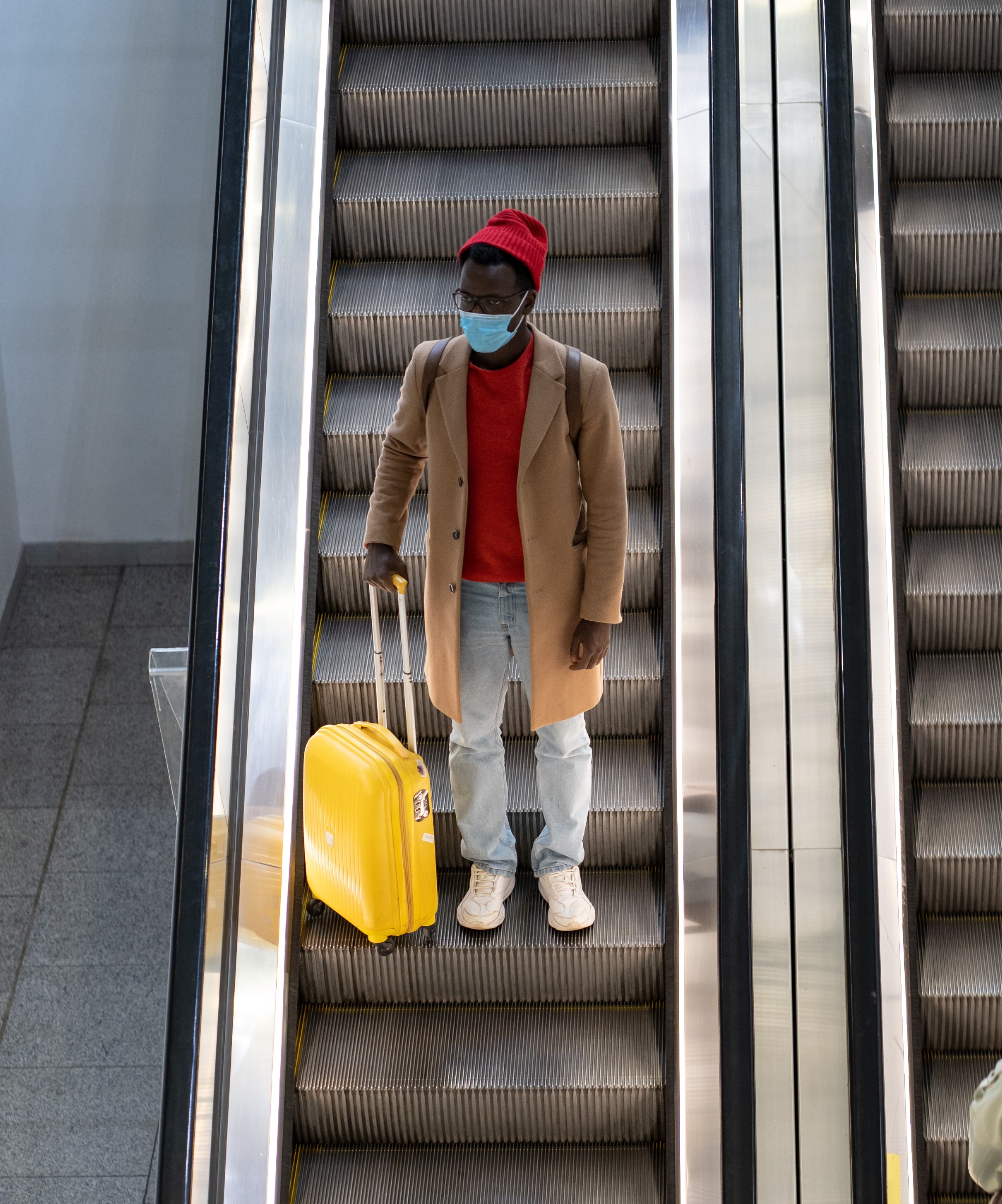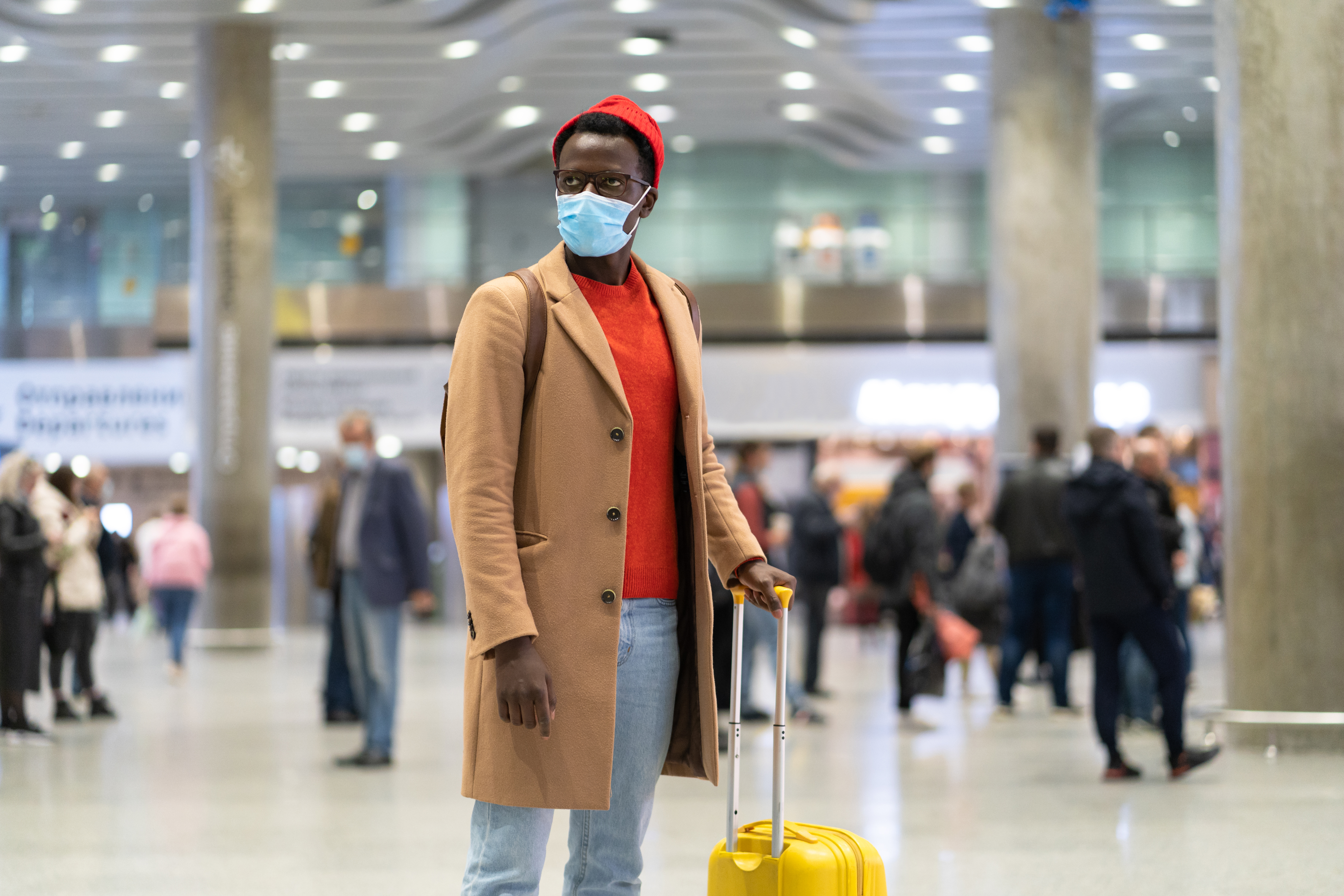Times are changing for the travel industry with sweeping safety measures in place across the board. This is what travellers can expect when flying to and from one of South Africa's airports and how to stay safe in the process.
While it’s encouraging to see a lessening of travel restrictions, things are far from back to normal at present. For now, travel is limited to domestic flights on any of the operational local SA-airlines. You can embark on business trips, return journeys to educational institutions and essential travel to take care of a family member. The airports around South Africa have all been hard at work alongside Acsa (Airports Company South Africa), putting extra safety precautions in place to ensure the safety of passengers and staff. So, you can rest assured that when you book your flights to Johannesburg or make a flight booking to any of these major airports, you will travel in relative safety and in line with targeted solutions that will sufficiently handle the increase in passenger services. You can say goodbye to extended farewells to family, friends and colleagues at the airport, as only passengers are permitted inside the terminal building. Drop-and-go is the preferred way to arrive at the airport since there are a limited number of parkades available. To avoid lengthy and unnecessary queues at the limited check-in counters, passengers should check in online or at the screens within the terminal. Baggage wrapping is compulsory for all checked luggage and a limited number of check-in counters will be open. Social distancing rules apply at all the airports and while in flight. Masks are compulsory throughout. Port Health is conducting screening tests at all entrances and you’ll need to scan your own boarding pass at the security checkpoint. There will be no physical pat downs, so you must remove all metallic items and place them in the tray at the security scanner yourself.

Headrest covers are replaced after every flight, all contact surfaces are continuously sanitised and passengers are seated as far apart from each other as possible. As an extra precaution, you can block out the middle seat in your row for a small extra fee. Boarding will be done in a controlled manner from the rear to the front of the plane with the last row reserved for isolation of any suspected cases. No catering will be offered and onboard magazines are a thing of the past, for now. All airplanes are fitted with Hepa air filters that completely renew the air in the cabin, killing 99% of viruses and bacteria, every two to three minutes. As a final precaution, arrival and departure times are staggered to avoid congestion at the terminals.

It’s important to stay at home if you feel ill or if you have a compromised immune system. If you’re staying overnight at an accommodation establishment, call ahead to ensure they have all the necessary sanitizing and safety measures in place. Take a bottle of sanitizer with you and spray as you go, wiping down surfaces before you touch them. Be wary of items in regular use, like the TV remote. A handy tip is to place it in a Ziploc bag before use. While these extra precautions may get a little tedious at times, it’s important to never let your guard down. If we all work together, we can help make travel safe for all South Africans again.